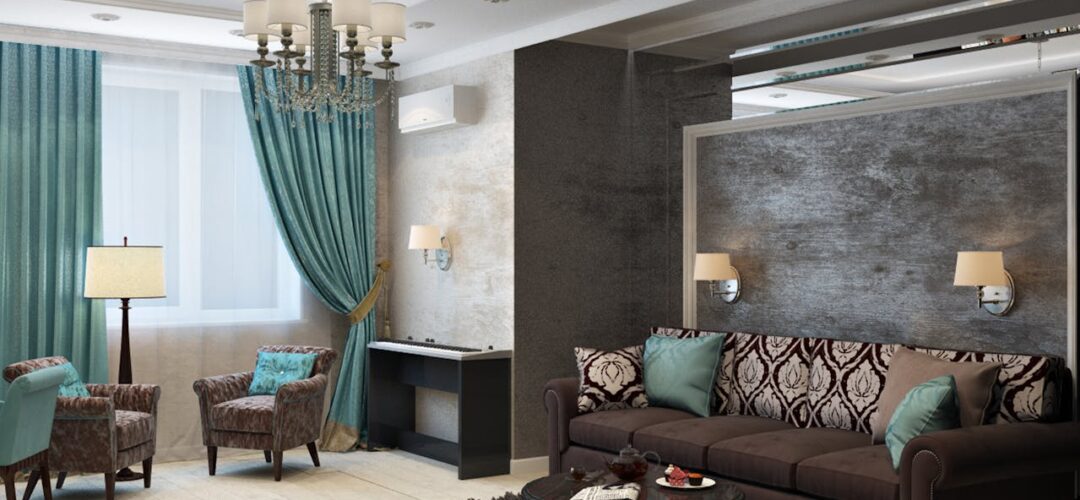Solar screens have become a popular choice for homeowners and businesses seeking to enhance comfort, reduce energy costs, and protect interiors from sun damage. Like any product, solar screens come with both pros and cons.
Pros of Solar Screens
- Heat Reduction – Solar screens effectively block a significant portion of solar heat, helping to keep indoor spaces cooler and reducing the need for air conditioning. This can lead to lower energy costs and increased comfort during hot summer months.
- Glare Reduction – Solar screens minimize glare from the sun, making it easier to see computer screens, television screens, and other electronic devices without straining your eyes. This can improve productivity and create a more comfortable indoor environment.
- UV Protection – Solar screens block harmful UV rays from entering your home or business, protecting interior furnishings from fading and deterioration. This helps preserve the integrity and longevity of furniture, flooring, and artwork.
- Energy Efficiency – By reducing heat gain through windows, solar screens contribute to overall energy efficiency. This can lead to potential savings on cooling costs and lower environmental impact, making them a sustainable choice for eco-conscious homeowners and businesses.
- Privacy Enhancement – Solar screens provide increased privacy by limiting the view into your home or business from the outside while maintaining outward visibility during the day. This can help you feel more secure and comfortable in your space.
Cons of Solar Screens
- Reduced Natural Light – Solar screens may reduce the amount of natural light entering your home or business, potentially impacting the ambiance and brightness of indoor spaces. This can be a drawback for those who prefer well-lit interiors.
- Limited View – While solar screens maintain outward visibility during the day, they may obstruct views to some extent, depending on the screen’s opacity and material. This can be a concern for properties with scenic views or for those who value unobstructed sightlines.
- Maintenance Requirements – Solar screens require regular cleaning to remove dust, dirt, and debris that can accumulate on the surface. Failure to maintain solar screens properly can diminish their effectiveness and longevity over time.
- Initial Cost – The upfront cost of installing solar screens may be higher compared to other window treatment options. Many homeowners and businesses find that the long-term benefits outweigh the initial investment.
Solar screens offer a range of benefits, including heat reduction, glare reduction, UV protection, energy efficiency, and privacy enhancement. They also come with potential drawbacks such as reduced natural light, limited views, maintenance requirements, and initial cost. By weighing the pros and cons, you can determine whether solar screens are the right choice for your property and enjoy the many benefits they have to offer.






